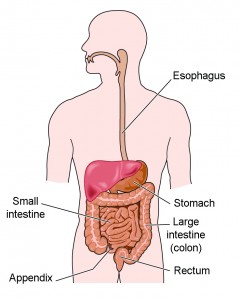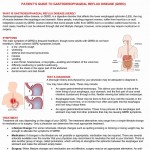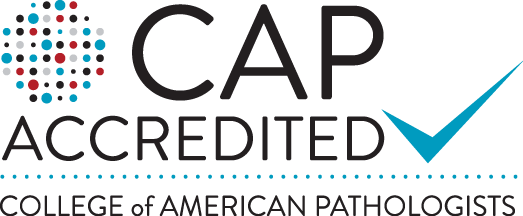SEPA Patient Focus – Gastroesophageal Reflux Disease (GERD)
PATIENT’S GUIDE TO GASTROESOPHAGEAL REFLUX DISEASE (GERD)
WHAT IS GASTROESOPHAGEAL REFLUX DISEASE (GERD)?
Gastroesophageal reflux disease, or GERD, is a digestive disorder that affects the lower esophageal sphincter (LES), the ring of muscle between the esophagus and stomach. Many people, including pregnant women, suffer from heartburn or acid indigestion caused by GERD. Doctors believe that some people suffer from GERD due to a condition called hiatal hernia. In most cases, heartburn can be relieved through diet and lifestyle changes; however, some people may require medication or surgery.
SYMPTOMS
The main symptom of GERD is frequent heartburn, though some adults with GERD do not have heartburn. Other common GERD symptoms include:
- a dry, chronic cough

- wheezing
- asthma and recurrent pneumonia
- nausea
- vomiting
- a sore throat, hoarseness, or laryngitis—swelling and irritation of the voice box
- difficulty swallowing or painful swallowing
- pain in the chest or the upper part of the abdomen
- dental erosion and bad breath
TEST & DIAGNOSIS
A thorough history and physical by your physician may be adequate to diagnose it. You may have other tests. These may include:

 An upper gastrointestinal endoscopy. This allows your doctor to look at the inner lining of your esophagus, your stomach, and the first part of your small intestine (duodenum) through a thin, flexible viewing tool called an endoscope.
An upper gastrointestinal endoscopy. This allows your doctor to look at the inner lining of your esophagus, your stomach, and the first part of your small intestine (duodenum) through a thin, flexible viewing tool called an endoscope.- Esophageal tests. These may be done to find out how well the muscles in the esophagus move food, or to monitor how often acid gets into the esophagus and how long it stays there.
- An upper gastrointestinal series. These X-ray pictures of the esophagus and stomach may help find other problems that may be causing GERD symptoms.
TREATMENT
Treatment will vary depending on the stage of your GERD. The treatment alternatives may range from a simple lifestyle change to medication or to surgery. Only a physician can determine the most appropriate treatment.
- Lifestyle Change: For some individuals, lifestyle changes such as quitting smoking or drinking or losing weight may be enough to alleviate the symptoms of GERD.
- Medication: If changes in the lifestyle are not possible or appropriate, medication may be required. There are several antacids available over the counter that your physician may recommend to neutralize the acid in your stomach. There is also another group of drugs, called prokinetics, which will help to strengthen the sphincter between the esophagus and stomach and make the stomach empty faster.
- Surgery: When lifestyle changes and medication are not effective, surgery may be an appropriate alternative. An anti-reflux procedure can be performed to tighten the sphincter.
- Follow-up Endoscopy for Barrett’s: If Barrett’s esophagus is discovered, your physician may recommend a follow up endoscopy to monitor the changes on the surface of your esophagus.
Click on image below to download your own printable copy of this handout



